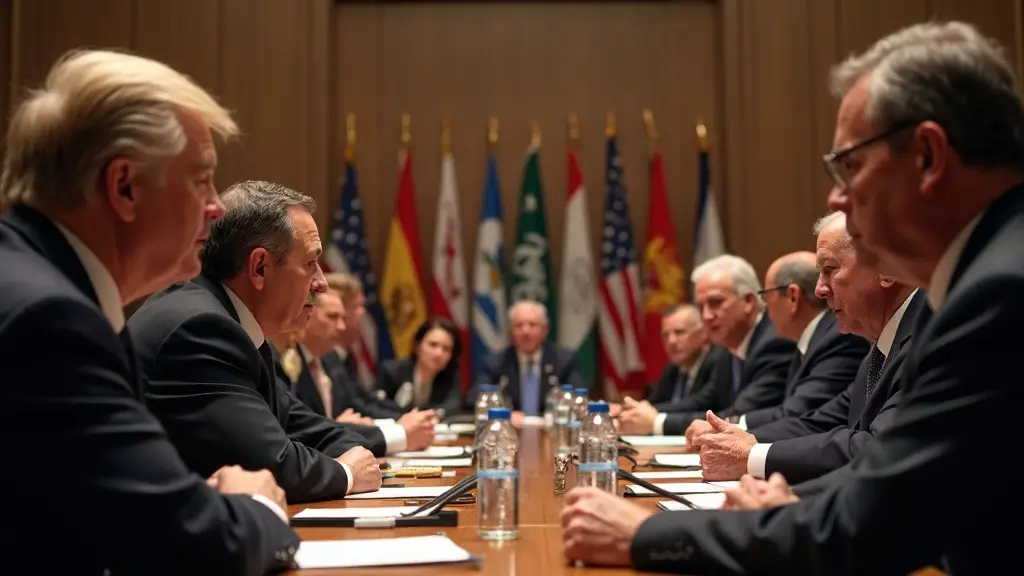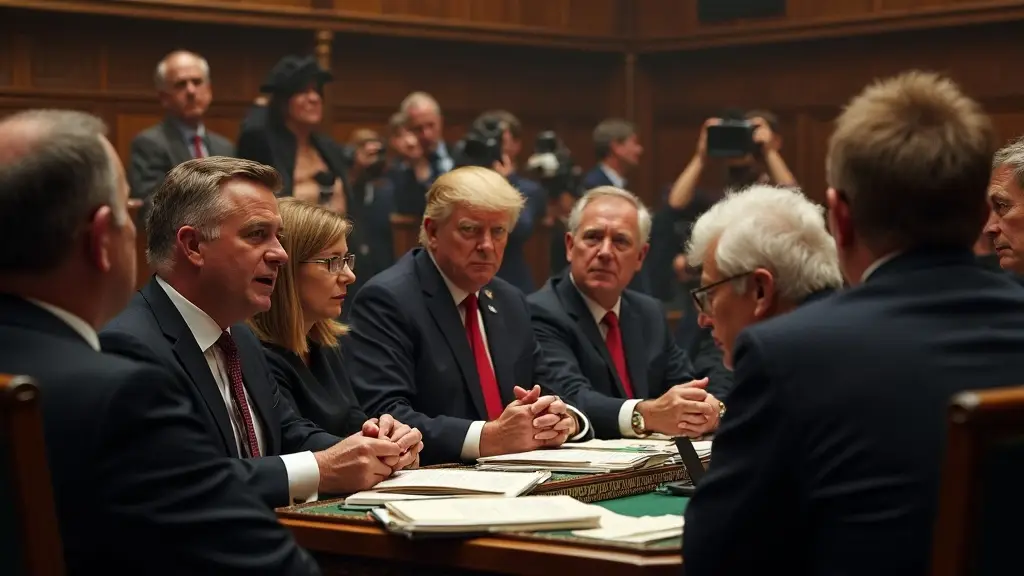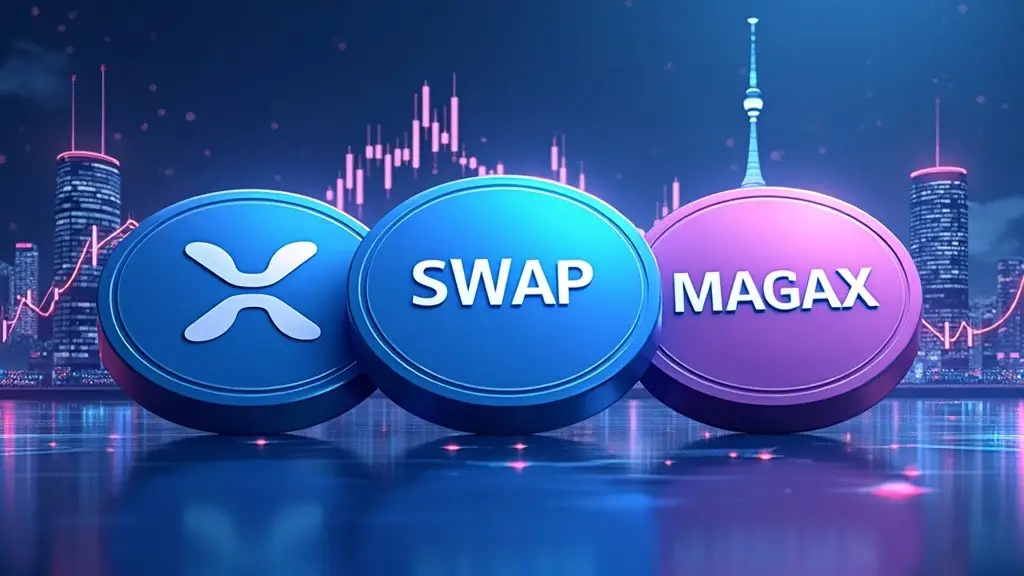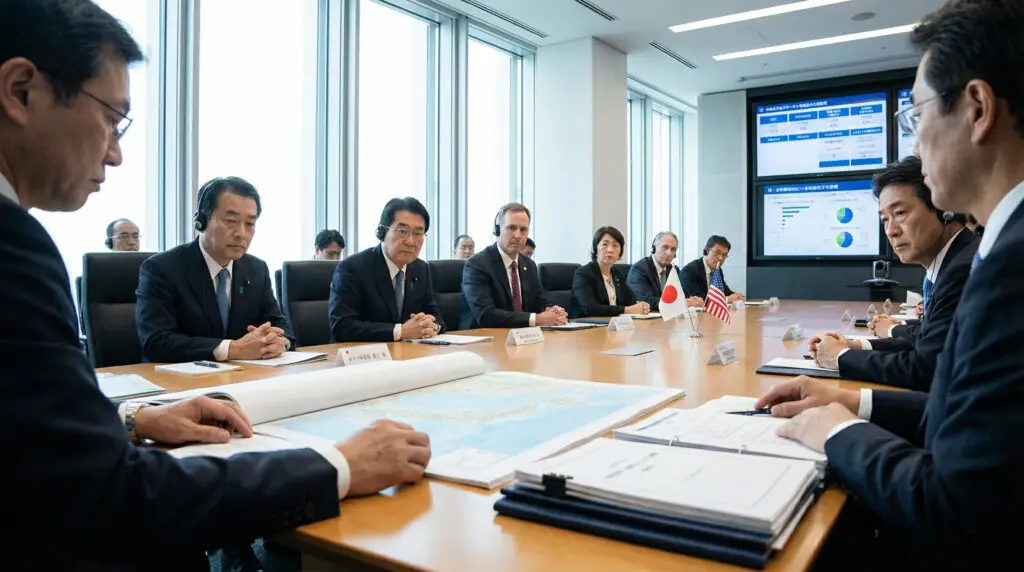The New Pace of AI Development
For decades, technological progress was measured by “Moore’s Law”, the observation that the number of transistors on a microchip would double approximately every 18 to 24 months. This predictable, incremental pace has been a cornerstone of the digital revolution. However, we are now entering a new era defined by a much faster rate of change, which some are calling “Nadella’s Law”.
Microsoft CEO Satya Nadella has noted that the doubling of performance in AI is now occurring every six months, a velocity that is creating a truly disruptive force. This unprecedented speed means that the world is on the cusp of two significant and immediate consequences, both of which will reshape our society and our political landscape. This new reality demands that leaders and citizens alike understand the profound implications of AI’s accelerated progress and its far-reaching effects.
AI’s Impending Disruption of the Workforce
The rapid advancement of AI is causing the emergence of autonomous and “agentic” AI, which can produce scientific advancements in fields like biotech and materials science. AI models are already leveraging vast research data to design new materials, run experiments, and generate innovations in medicine, energy, and food production.
As a result, “agentic AI” is set to revolutionize the workplace, executing increasingly complex tasks without human intervention. This will lead to a surge in productivity but also a significant change in white-collar work, with automation in fields like scientific research, paralegal work, accounting, and graphic design expected in two to three years. This trend of job replacement will extend beyond white-collar offices, with driverless vehicles displacing truck, bus, and taxi drivers, signalling a major societal shift.
The Political Fallout from Automation
The dislocation of workers by automation is a significant issue that organisations will initially resist. However, when the next economic downturn hits, leaders will face tough tradeoffs and increased pressure to adopt automation for efficiency. The recent strike by American longshoremen and dockworkers over automation protections highlighted the deep-seated fears and potential for social unrest.
The increasing displacement of workers by AI will fuel a new wave of populism, making current political tensions seem minor. The politics of the future will be dominated by the difficult choices leaders must make to manage this economic and social transition, balancing technological advancement with the need to protect citizens’ livelihoods.
The Geopolitical Race for AI Dominance
AI’s rapid advancement has a significant geopolitical dimension, with a battle between the U.S. and China over access to critical resources like semiconductors, energy, and rare earth minerals. The balance of power in the 21st century will be determined by securing these inputs and denying rivals access.
The Trump Administration’s recent decision to allow China to purchase sophisticated chips from Nvidia highlights Beijing’s leverage in critical mineral production. This scramble for resources and technological supremacy will intensify the rivalry between the world’s two largest economies, with implications for dozens of other countries caught in the middle.
Read More: UK Online Safety Law Sparks Battle with US Politicians
America’s Strengths and Self-Inflicted Weaknesses
The United States holds important advantages in this geopolitical contest, but its ability to maintain them is not guaranteed. America is home to the world’s largest number of “hyperscalers”, cloud service providers like Amazon’s AWS, Google Cloud, and Microsoft’s Azure that provide the essential infrastructure for AI. These companies’ ability to quickly scale computing and network resources is a superpower in itself.
The U.S. also possesses the world’s most extensive financial, educational, and entrepreneurial ecosystem to support the continued growth and innovation of these technologies. Unfortunately, recent political and policy strategies, such as attacks on American universities and the alienation of friends and allies, risk inflicting lasting self-harm. These actions lead to less scientific funding, weaken public-private sector relationships, and make it harder to attract the international talent needed to fuel continued innovation, ultimately undermining America’s longer-term competitive advantages.
Shifting Policies in the U.S.-China AI Contest
The Trump Administration’s foreign and trade policies aim to align friends and contain enemies, particularly China, by using US strength. Key to this strategy are US export controls on semiconductors, which aim to maintain America’s competitive edge. This has led to a significant policy shift from the Biden Administration’s “AI Diffusion Rule” to a new “in or out” strategy, mandating at least 50% of data export to the US and no more than 7% to any other country. This quantitative rule aims to check China’s growing influence, but it has become a major sticking point in US-China negotiations and may hinder finding common ground on other critical issues.
The Urgent Need to Address a Transformative Future
The biggest problems created by the current political and geopolitical fights are long-term, but the genuine transformative effects of AI are expected to begin in the next two to three years. The need to think through the implications of this new reality is urgent and cannot be understated. AI is poised to have transformative effects on the domestic politics of every country where it is deployed at scale, and it will intensify the already contentious rivalry between Washington and Beijing.
The train of technological advancement has already left the station and is rapidly gathering speed. For now, U.S. tech dominance remains its biggest advantage, but the future balance of power will depend on how effectively and how wisely leaders navigate the profound political and geopolitical challenges that AI is bringing to the world.























